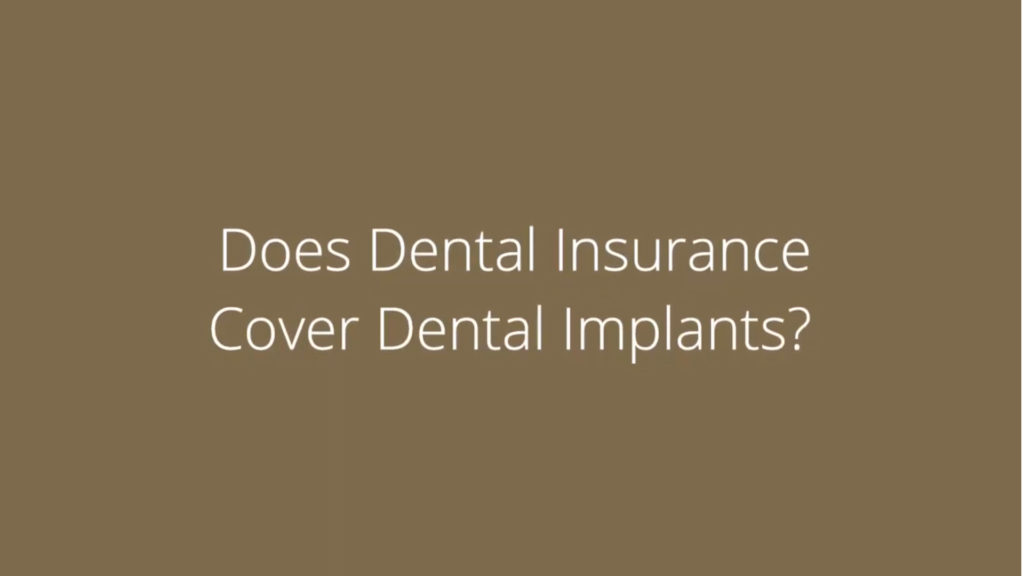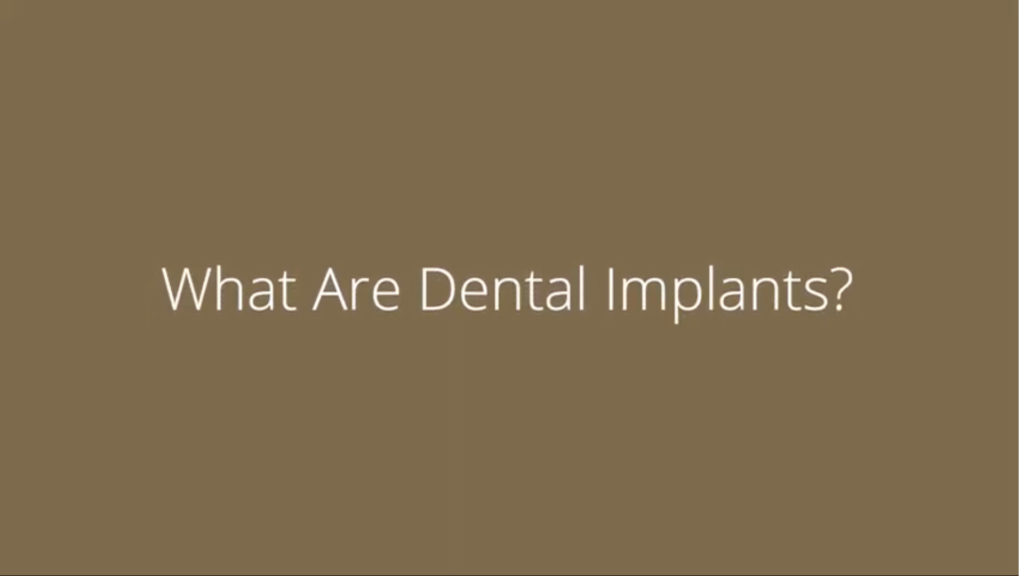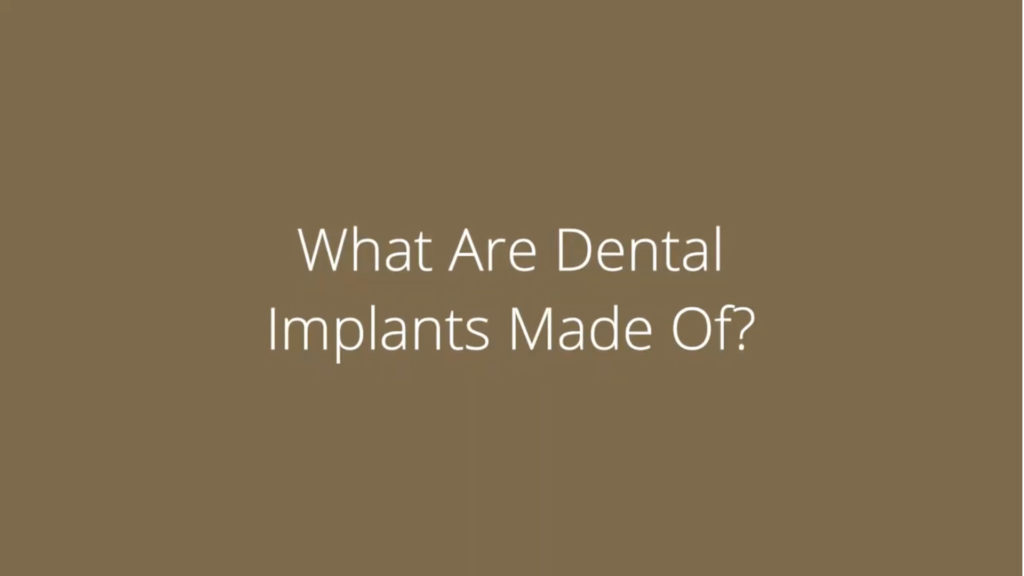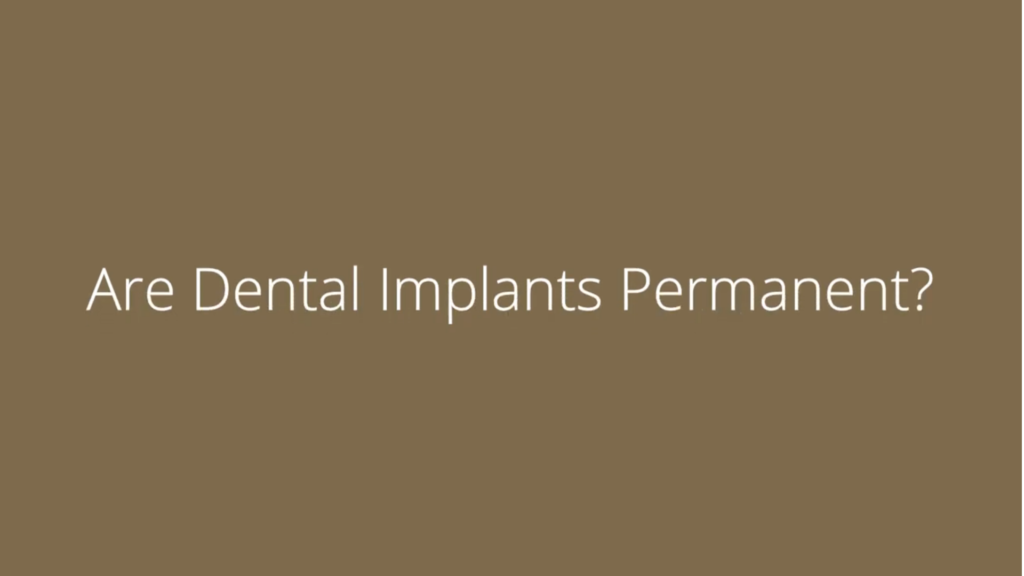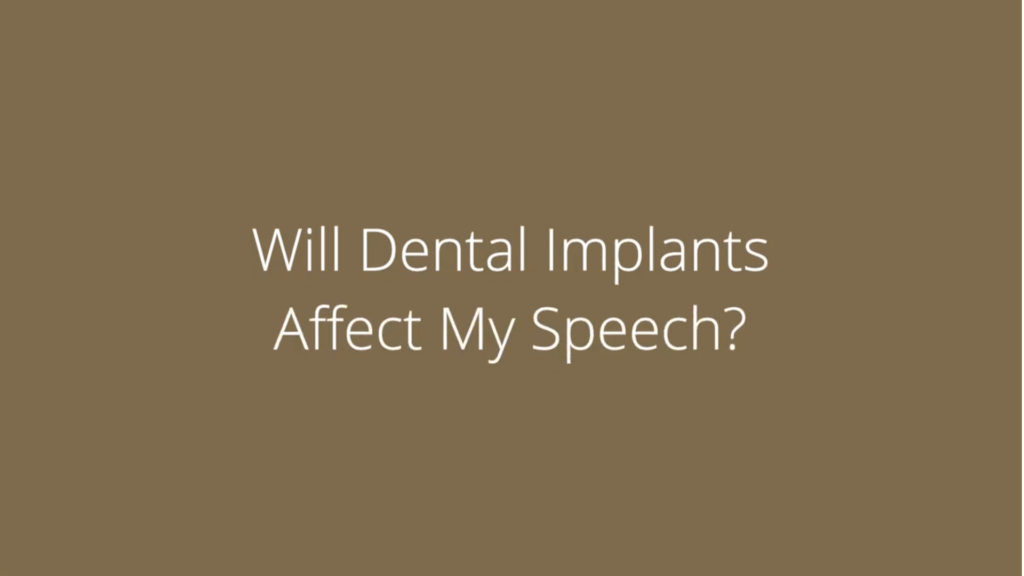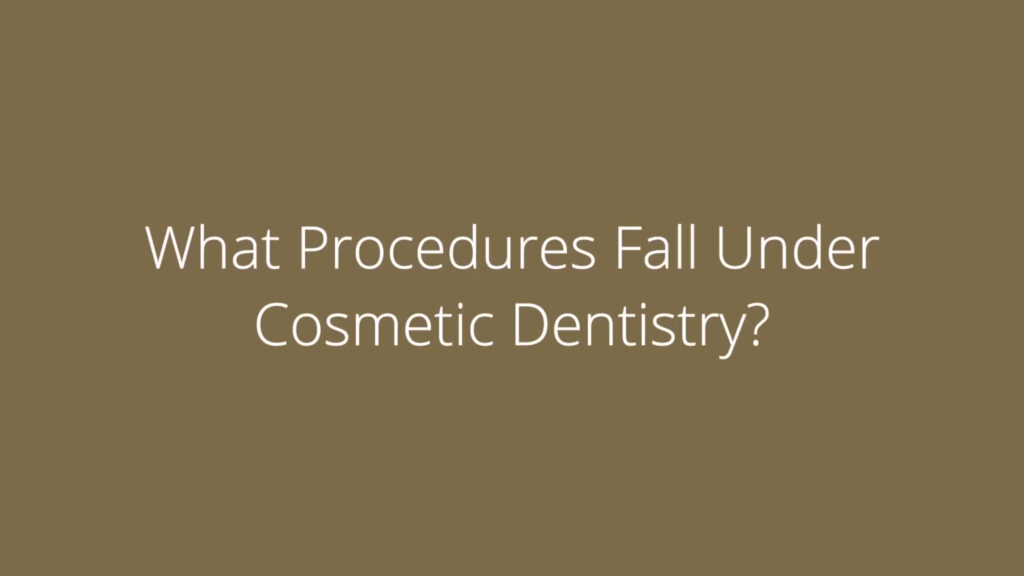What is TMJ?
A: TMJ is a problem that people get right here in this joint (at the mandible). Patients will talk about having popping, clicking or their jaw locking up sometimes. It’s a very painful disorder and basically, it’s usually arthritis in the joint.
No different than you might have in your knee joint or hip joint. The kind of pain that people talk about when they’re walking—the same thing happens when they’re talking, eating, or chewing gum. So, it’s very significant disease that does need attention so, going to a dentist is a very good start if you’re having TMJ issues.
TMJ is one of those interesting disorders that is informally named after the very part that hurts rather than some complicated name. So when someone says, “oh I have TMJ,” you could quip back jokingly, “so does everyone.”
You see, TMJ is not actually a disorder but an abbreviation for temporomandibular joints. The actual diagnosis for pain in this region is Temporomandibular Joint Dysfunction Disorder. That’s a mouthful, no wonder most just say TMJ.
Unless you develop TMJ disorder, you probably don’t think about your temporomandibular joints (TMJ) very often. However, that doesn’t change the fact that you use them constantly. Eating, drinking, swallowing, talking─ all functions that use those joints. These joints connect your jawbone to your skull and are vital to overall health. So, when you have an issue with them it can be quite a serious problem. Typically the issues arise within the joints themselves or the muscles connected to them from injury, inflammation, or being overextended.
TMJ Pain
Temporomandibular Joint Dysfunction (TMJ) Disorder is a blanket diagnosis for related issues involving neck, head and/or facial pain, jaw issues, and ear problems. These symptoms often present themselves as causes not related to TMJ at first.
For example, an ear pain that is written off as an earache due to some kind of sinus infection, can actually be TMJ. A pain radiating from the jaw may present itself as a toothache when there’s no issue with the tooth at all.
Because of this, people miss an estimated 600 million hours of work each year, so it’s safe to say it’s a common problem. It’s also a costly one, over $520 million dollars are spent on OTC pain meds a year just to deal with it. That’s a lot of financial strain and we’re not even touching on the medical bills from treating it with advanced methods. As one would expect, patients with TMJ suffer from a lot of frustration. Going from one doctor to a specialist, then to another specialist and still struggling to find a diagnosis. It can lead to false diagnosis with disorders that aren’t the real cause.
However, as it turns out, those “incurable” conditions and inconclusive diagnoses may actually be from your jaw joints. At CDG, we approach these conditions in coordination with your physician to come up with a true solution. We are fully vested in the long-term benefits of a well-rounded neuromuscular treatment approach.
Temporomandibular Joint Dysfunction Overview
As we touched on earlier, TMJ is the acronym for the temporomandibular (jaw) joints. That explains why TMJ is often used incorrectly to name the disorder of these joints, even by many dentists. If we’re being technical, the correct acronym is TMD, for temporomandibular disorder. We also use the term craniomandibular disorders when it involves head, neck, face, and ear pain.
There have been some extensive studies that prove the symptoms below are a result of misalignment of the upper and lower mandibular. This causes a degradation in the integrity of the TMJ and produces pain and dysfunction of the ligaments. The pain progresses over time and and can cause everything from to minor pain to severe chronic issues.
Symptoms of craniomandibular and TMJ Disorder:
- Dizziness
- Facial, neck, or back, pain
- Tension headaches
- Pain or soreness of the jaw joints
- Clicking, popping, or grinding sound when talking, chewing, and other motions
- Congestion or clogged feeling in the ears or ear pain
- Pain in teeth that seems to radiate
- Loose teeth
- Ringing or buzzing in the ears
- Hearing difficulty
- Limited jaw mobility
- Lockjaw
Craniomandibular disorders can also compound:
- Tinnitus
- Migraines
- Fibromyalgia
What Causes TMJ?
The causal factors associated with TMJ and craniomandibular disorders can include:
- Developmental– when the maxilla and mandible don’t develop properly or are misaligned it can produce problems. These problems don’t always present themselves immediately. In fact, sometimes they may not emerge until adulthood after years of overlooked issues.
- Malocclusion/Bite– If your teeth don’t align properly it causes minor trauma over and over again to the joints. Over time your body overcompensates using other muscles in your body to pick up the slack.
- Direct trauma to the jaw─ A fall off a bike, or something striking your face can directly cause TMJ disorder.
- Indirect trauma to the jaw– Many people who have experienced cervical whiplash also experience whiplash of the mandible. This is an extreme and sudden stretching or tearing of the ligaments within the jaw joints. This whiplash also causes damage within the muscular structure that supports the joints.
- Tooth loss– When you suffer losing a tooth and do not replace the tooth, the jawbone deteriorates over time. That deterioration leads to the jaw coming out of alignment which can cause severe TMJ disorders. In addition, getting dental implants done that aren’t properly aligned or installed will also cause TMJ.
- Poor sleep habits/position─ Sleep is a crucial component to our overall health and dependent on sleep position, can cause TMJ disorders as well.
- Poor posture─ Puts undue stress and wear on all joints, not just your jaw joints. The result is not much different than direct trauma, just over time.
- Bruxism– Bruxism is a medical term that essentially means clenching of the teeth. Most people do this unconsciously while sleeping or when stressed. Most patients go through life not knowing why it occurs. It causes tremendous stress and wear on jaw joint, facial muscles, and the neck.
- Sleep apnea─ Sleep apnea can be an indirect cause of TMJ disorder. This is because sleep apnea often causes bruxism to occur.
- Stress– This is another one of those causes that indirectly causes TMJ disorders. Many patients clench their teeth without realizing it while stressed.
How To Treat Temporomandibular Joint Disorders
The good news is that most of these disorders are just temporary problems. They may last only several weeks or months at worst. Most treatments are as simple as a hot or cold compress on the jaw and some OTC anti-inflammatory medications. That should relieve the discomfort enough to let the problem area correct. You should always avoid treatments that may cause permanent damage or changes to your jaw or bite. Some examples of these treatments you should avoid are:
- Adjusting your bite by grinding the teeth down
- Dental surgical methods that attempt to “correct”
- Mandibular splint (repositions the jaw and changes the bite)
- Orthodontics
- TMJ replacement
All of the above treatments and a host of others cause severe changes and irreversible damage to the jaw. Furthermore, they are not proven to have any effect whatsoever. In fact, TMJ treatments that are effective and safe will often be reversible and will not cause damage or changes. Some examples of therapy and treatments for TMJ disorders may include:
- Physical therapy such as gentle stretching of the jaw
- Over-the-counter pain medicines such as Aleve or Tylenol
- Prescription medicines such as Meloxicam or Flexeril
- Nightguards and biteplates, although their effectiveness is inconclusive, they do work for some and are not damaging.
Some complex cases involve a more severe pain that is chronic in nature and the jaw dysfunction is also severe. Cases such as these are best to be left to a team of neurologists, rheumatologists, dentists, and a pain management plan.
Are You Suffering From Symptoms Of TMJ Disorder?
If you’re experience any of the symptoms covered here such as popping of the jaw, pain while chewing, or others—contact us. All we need to do is get you in for a consultation so we can develop a treatment plant specifically for you. Book your appointment today!


